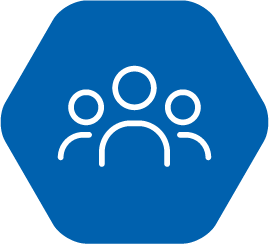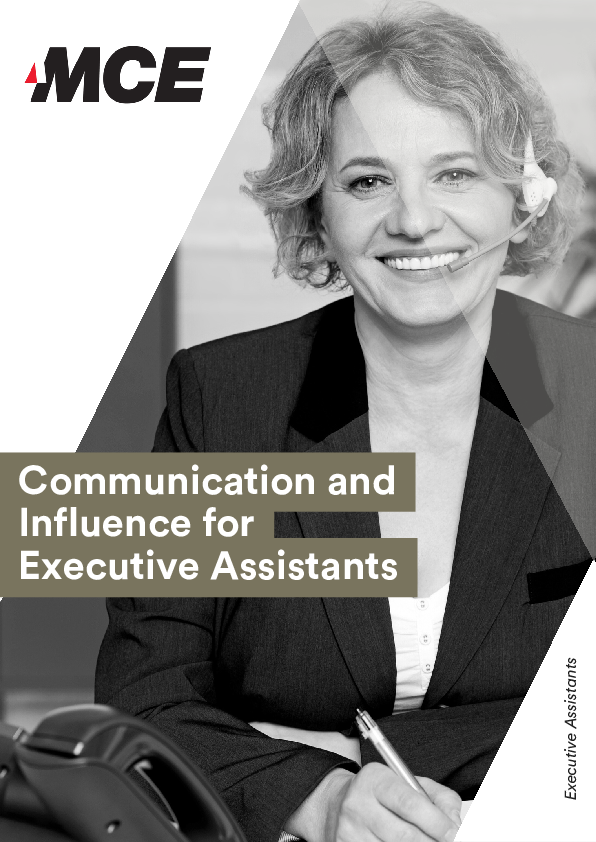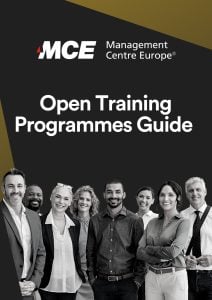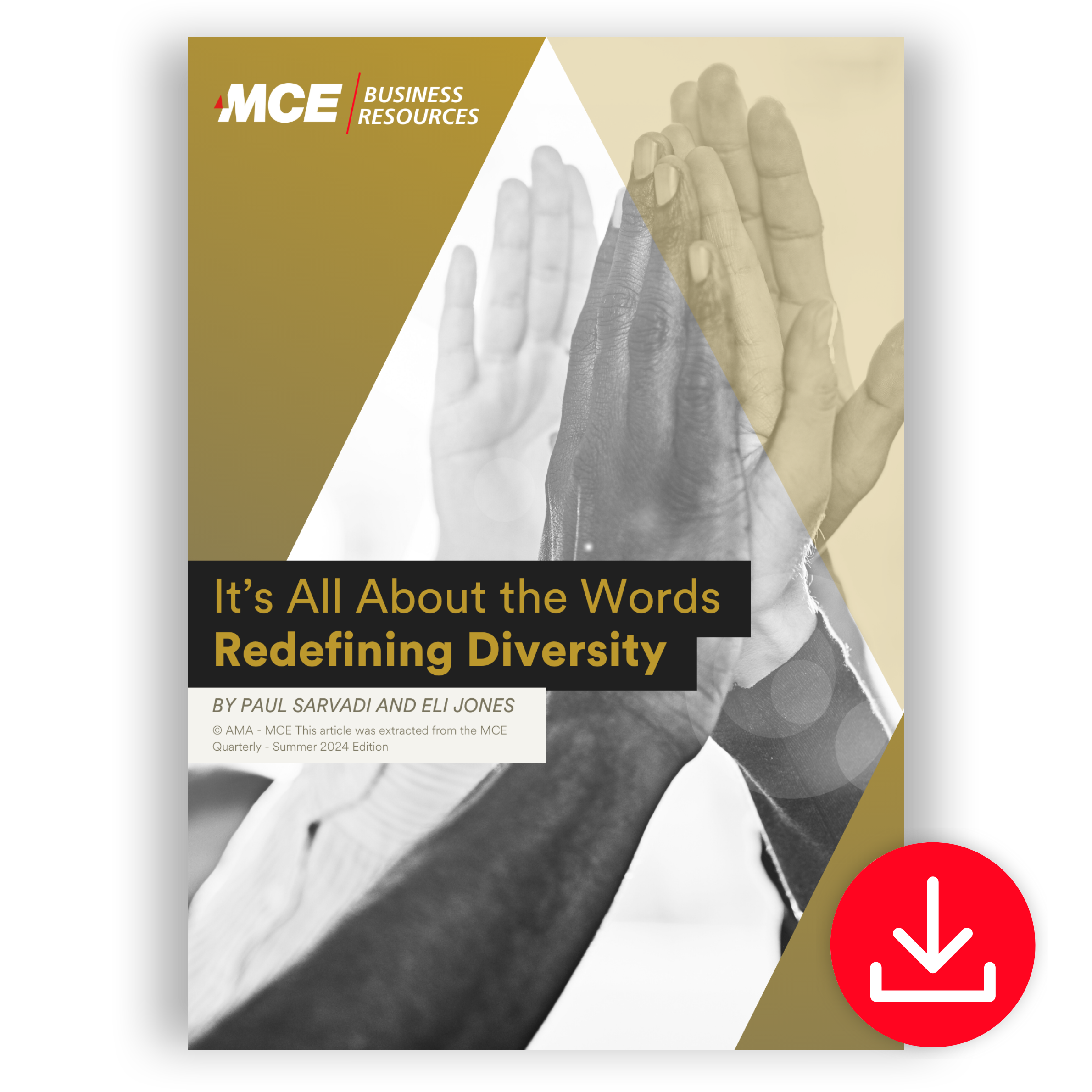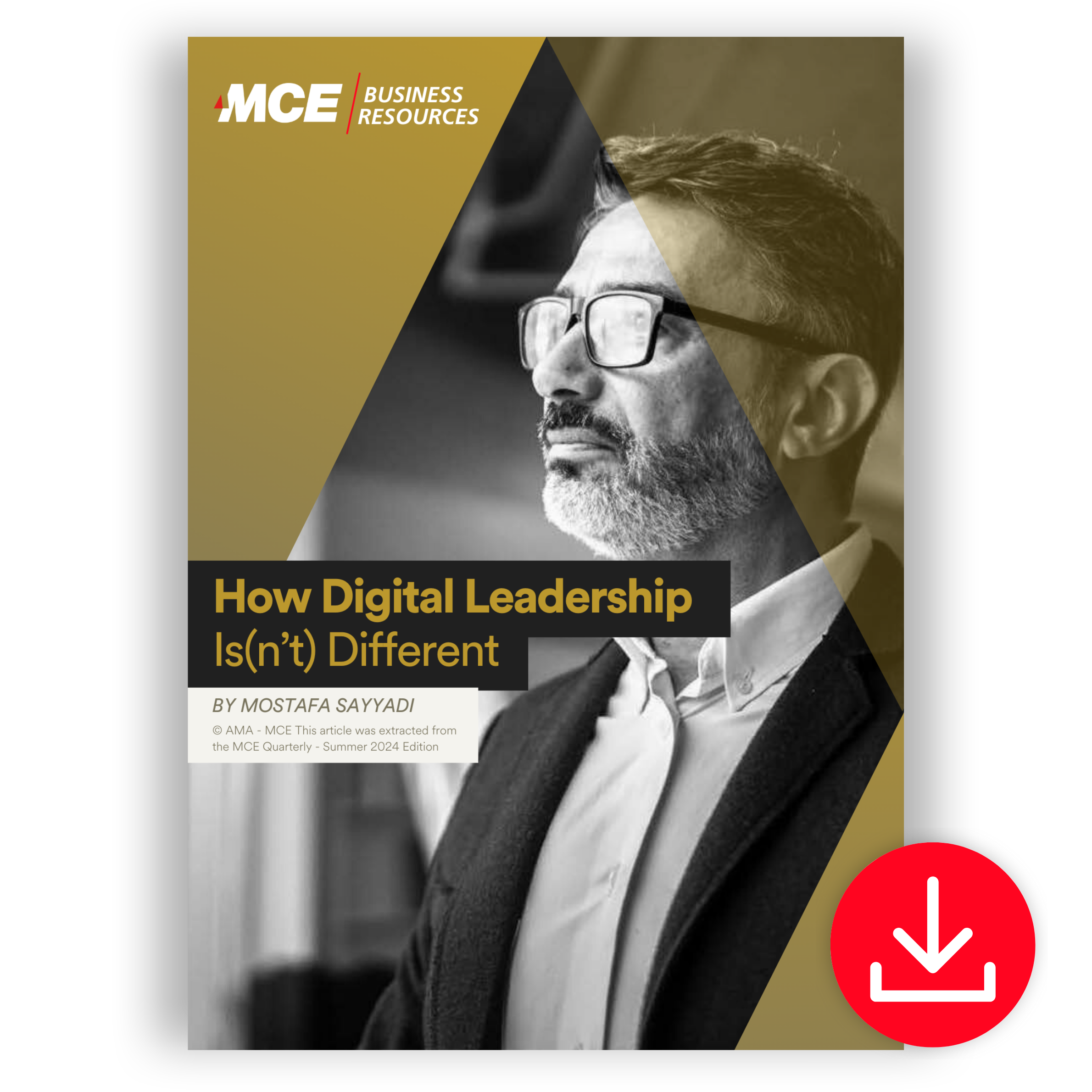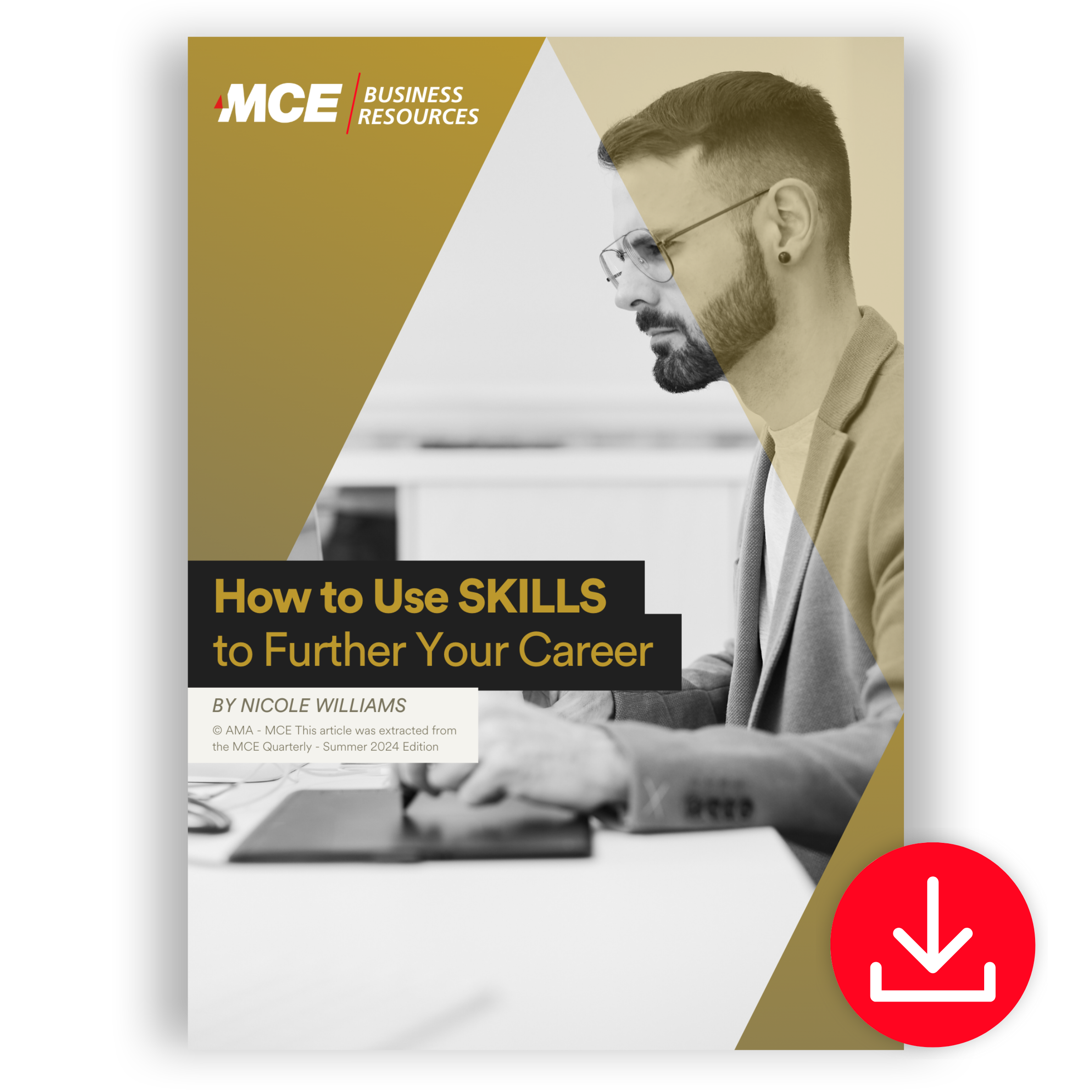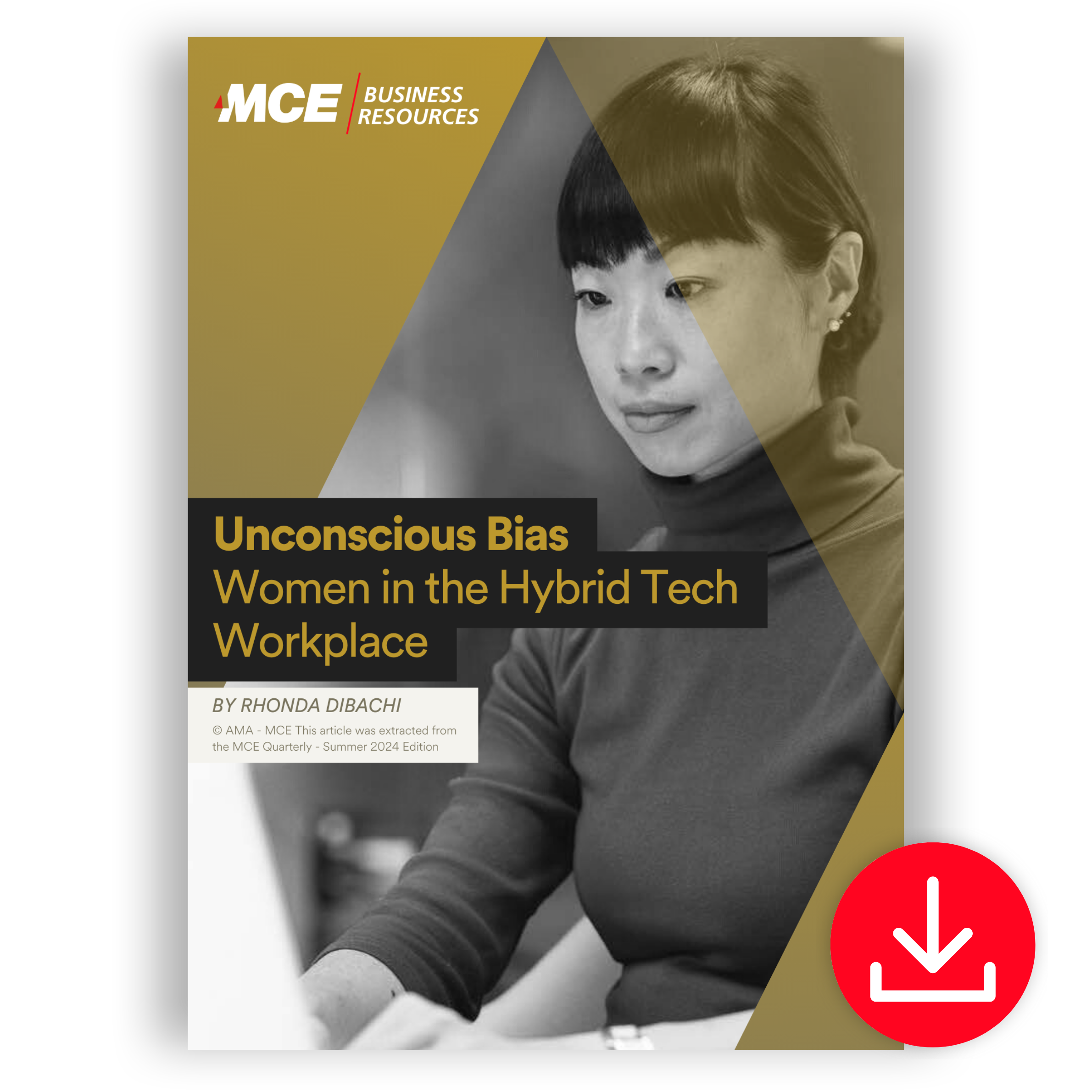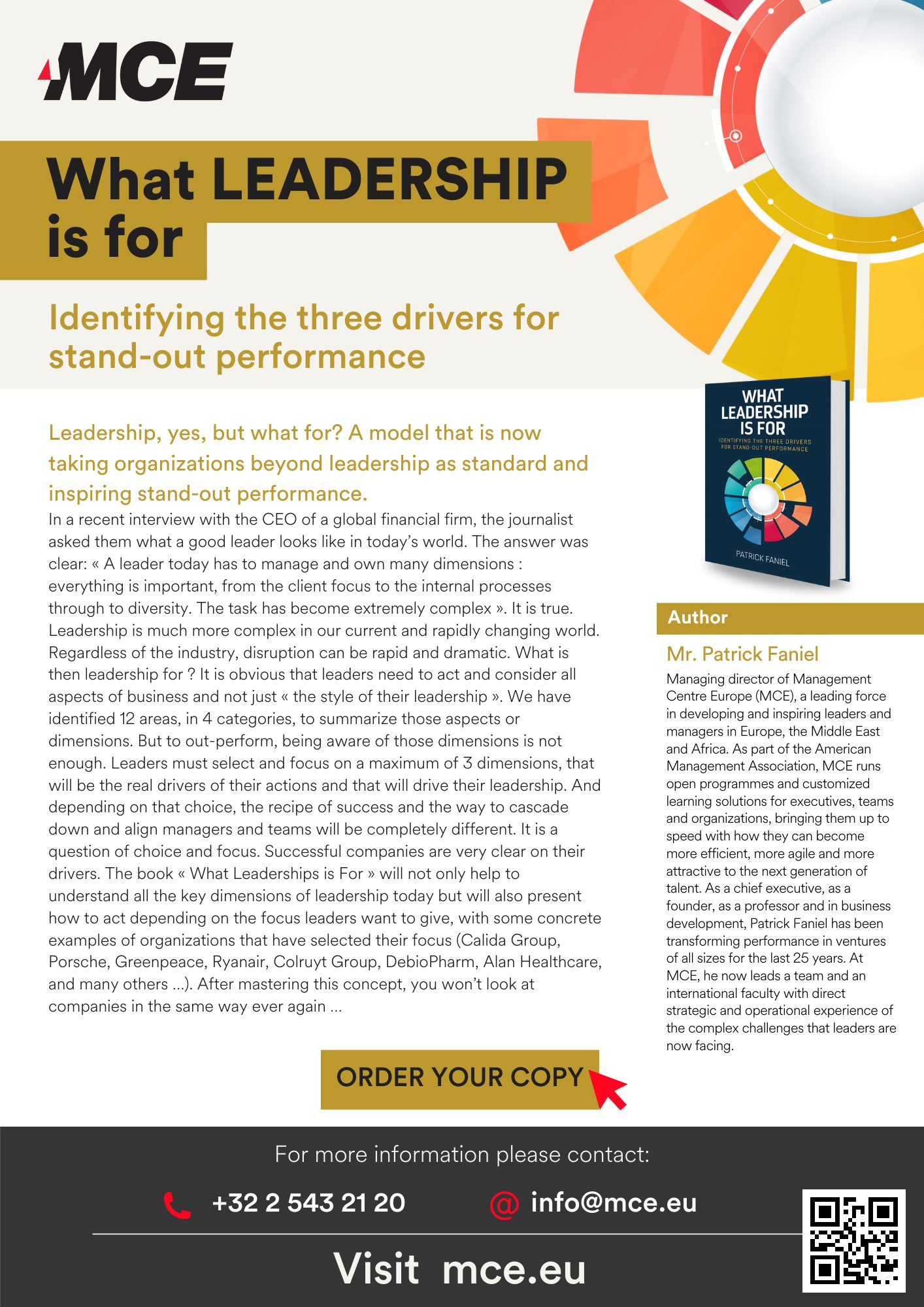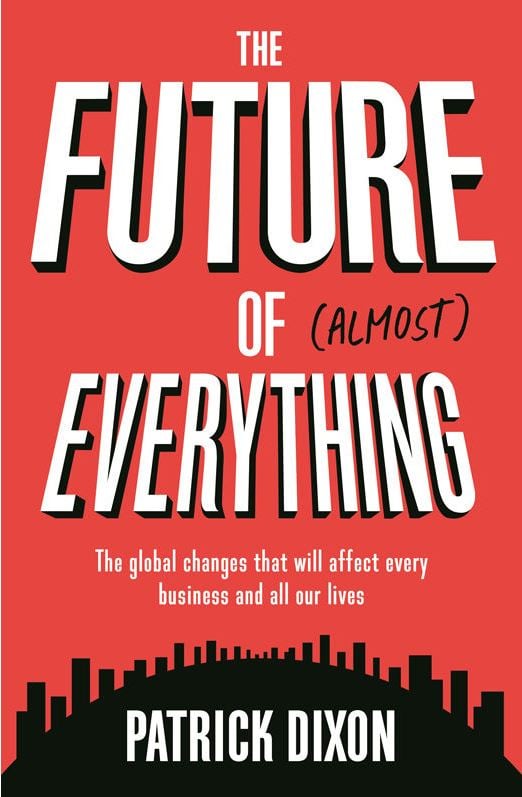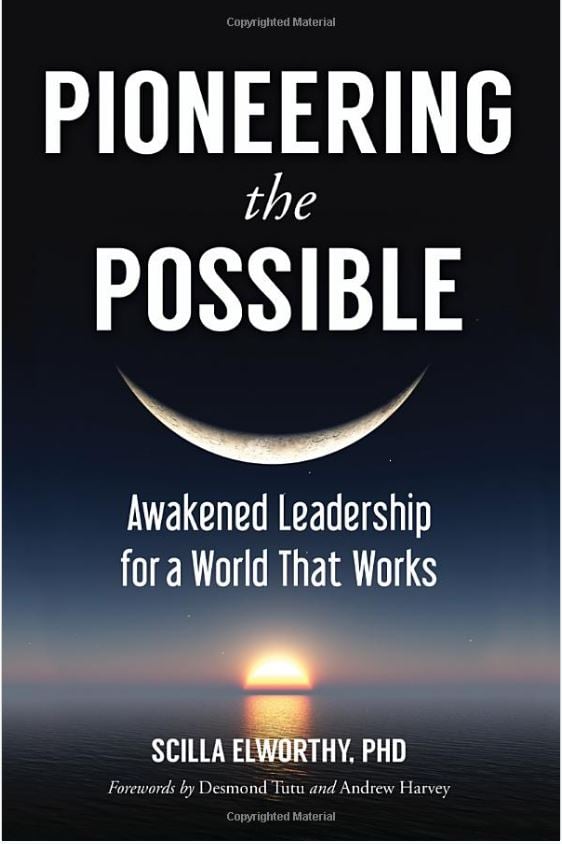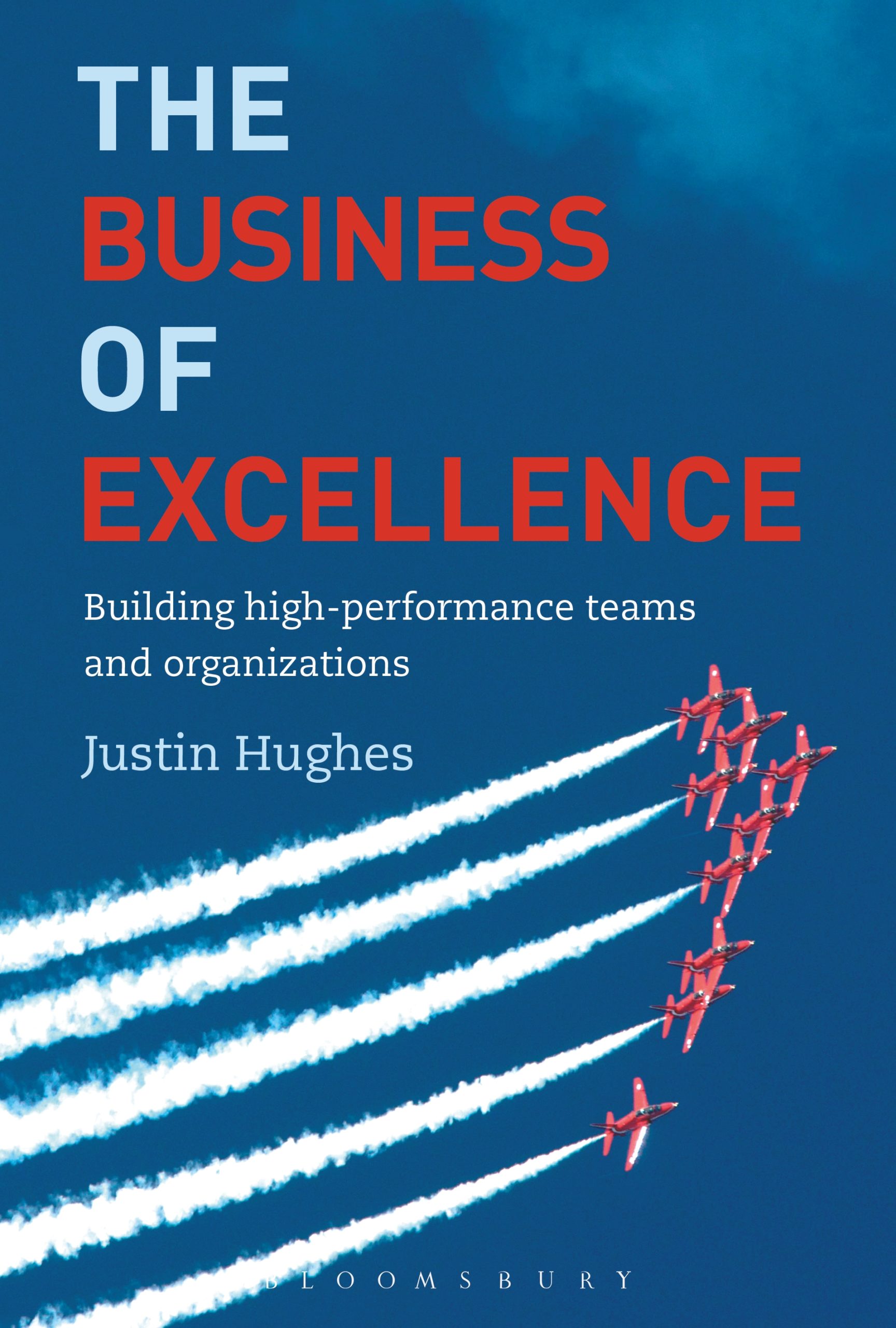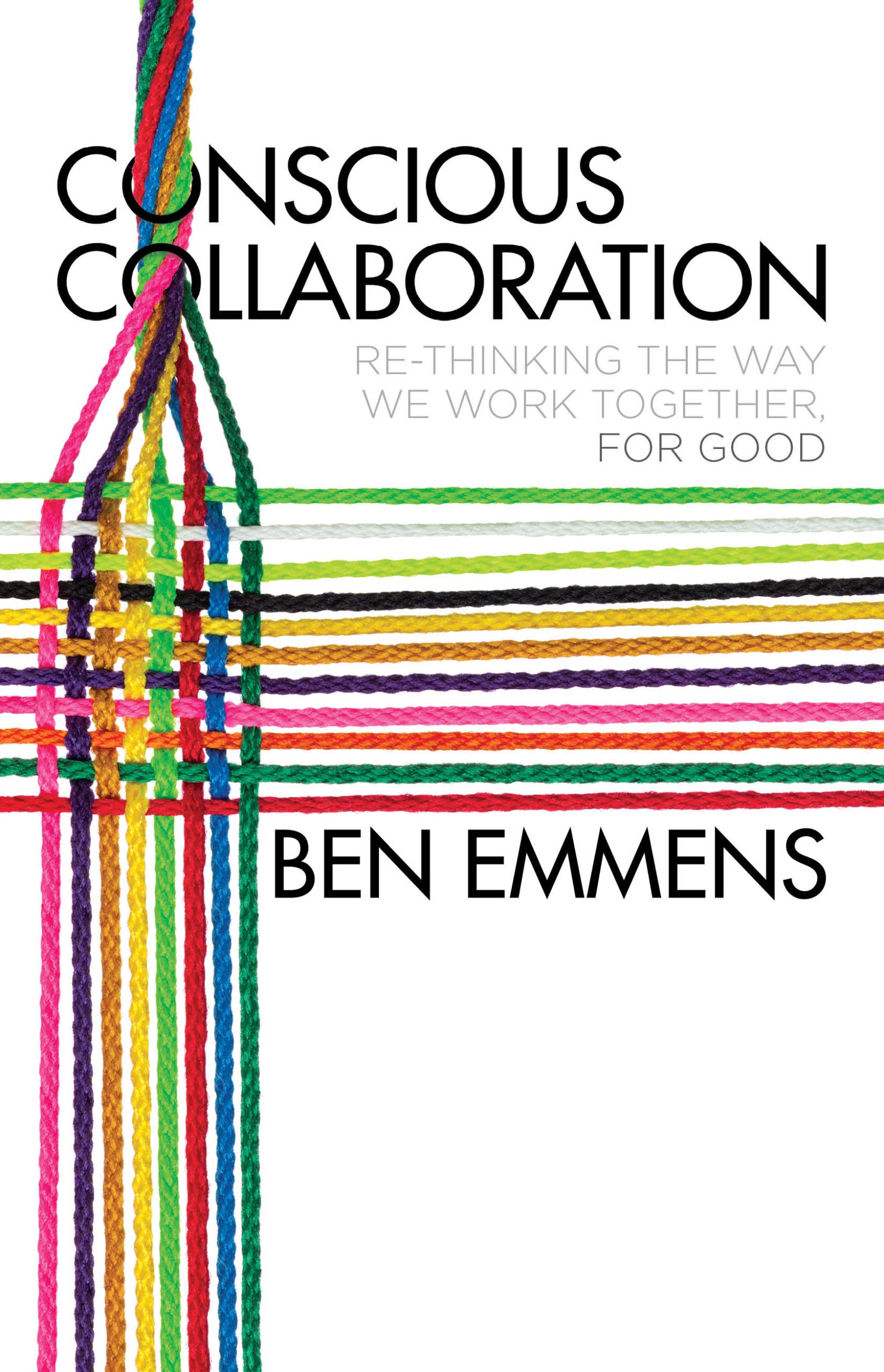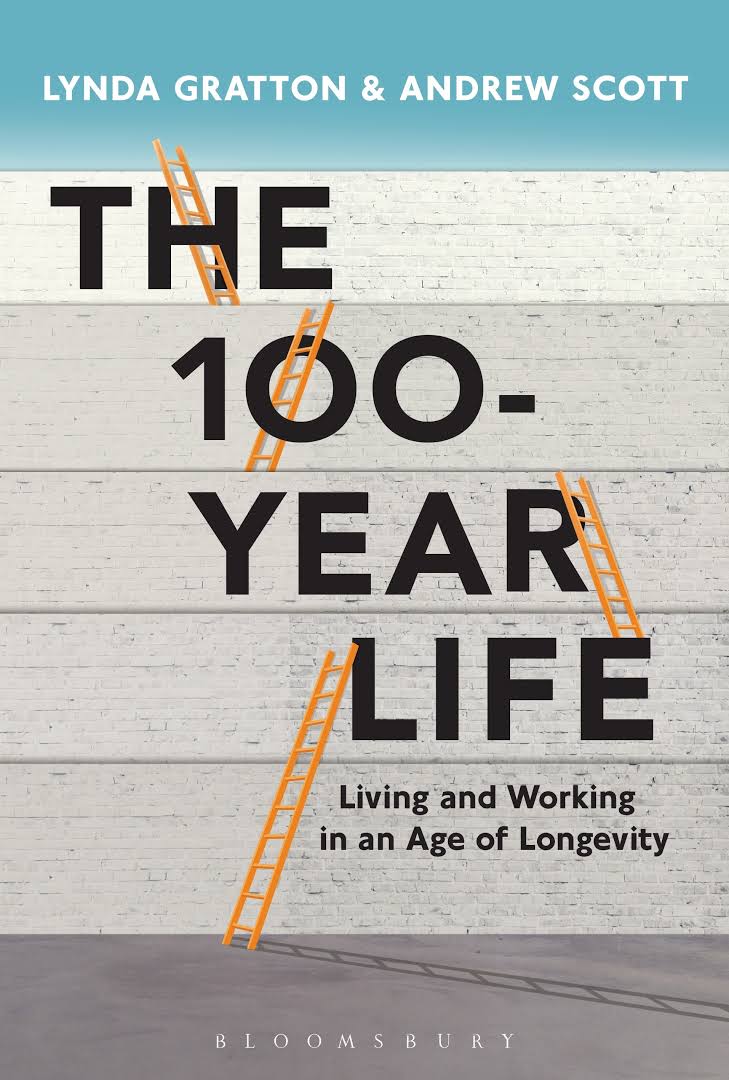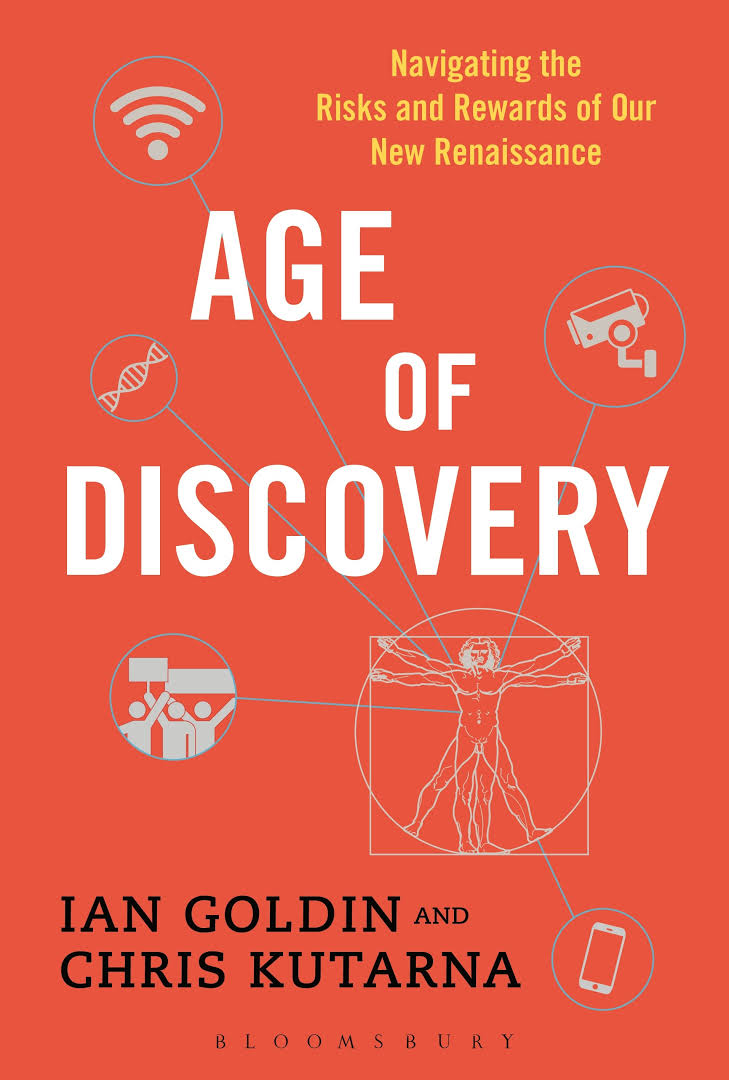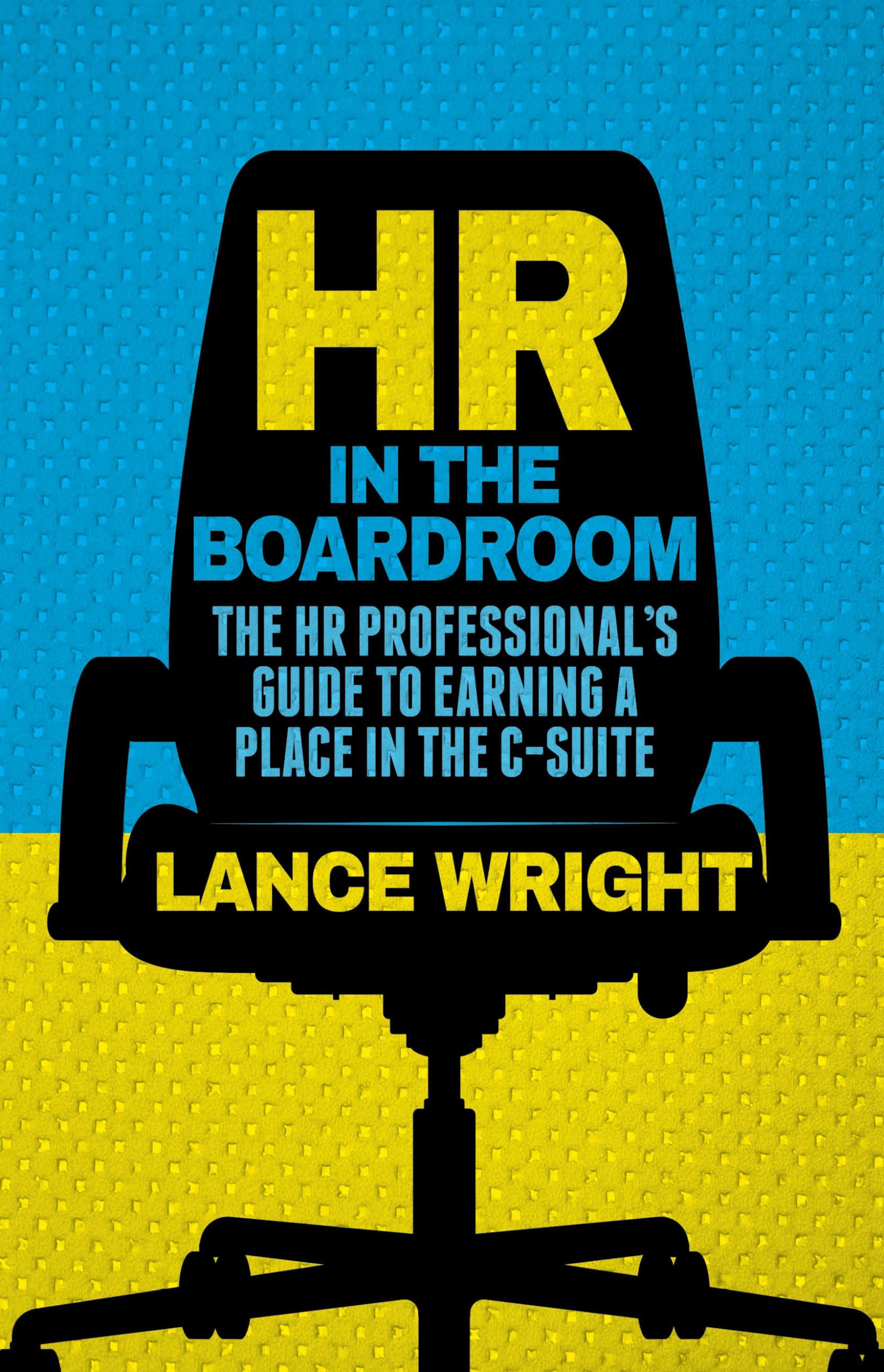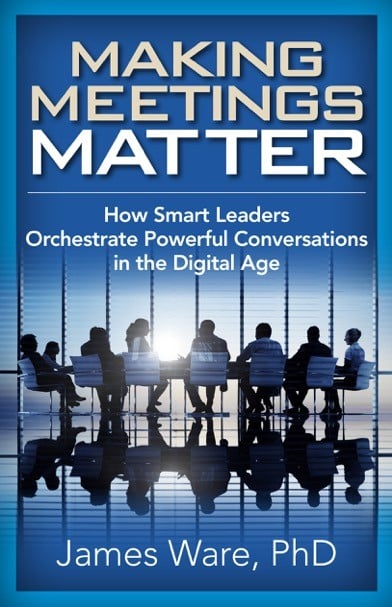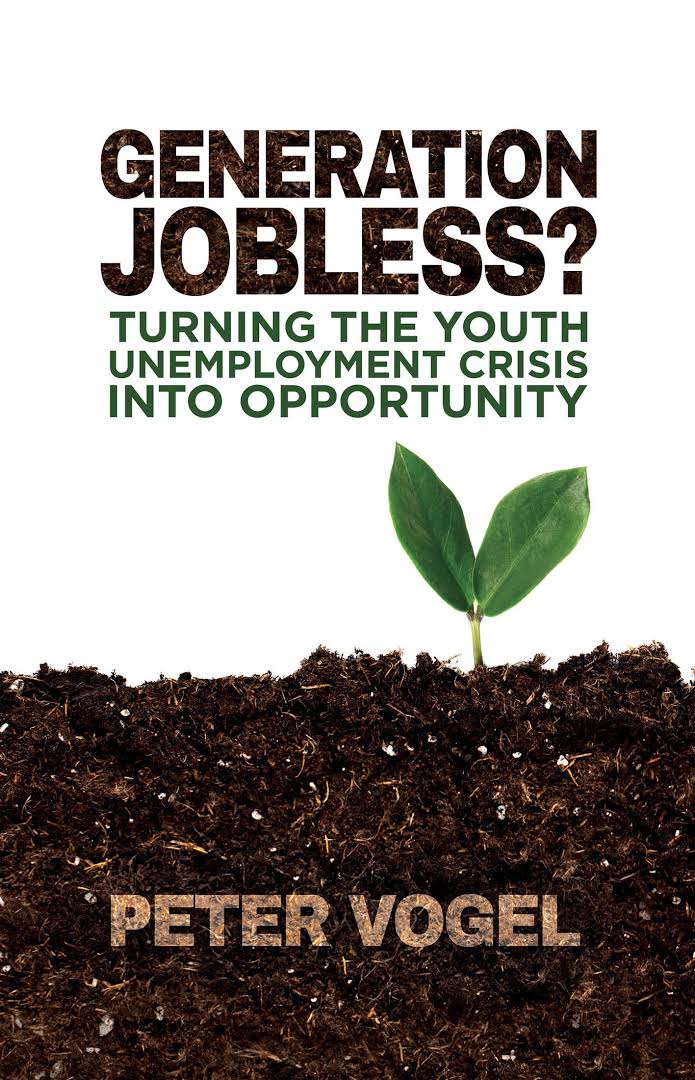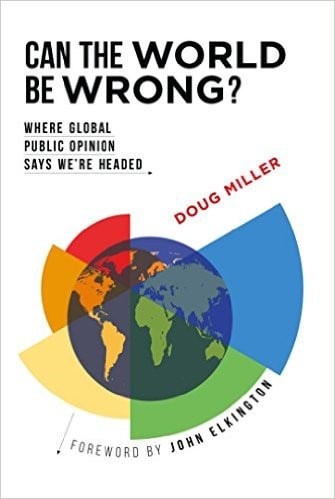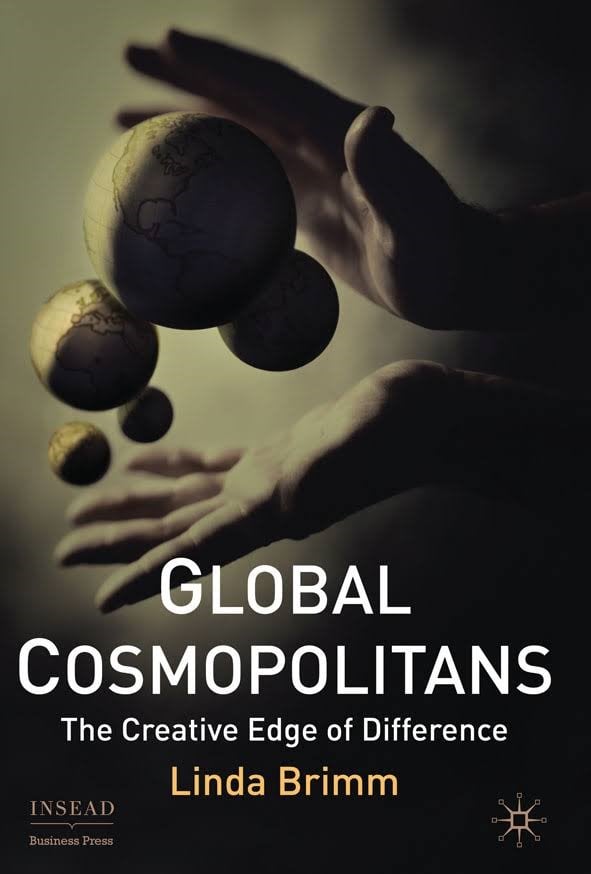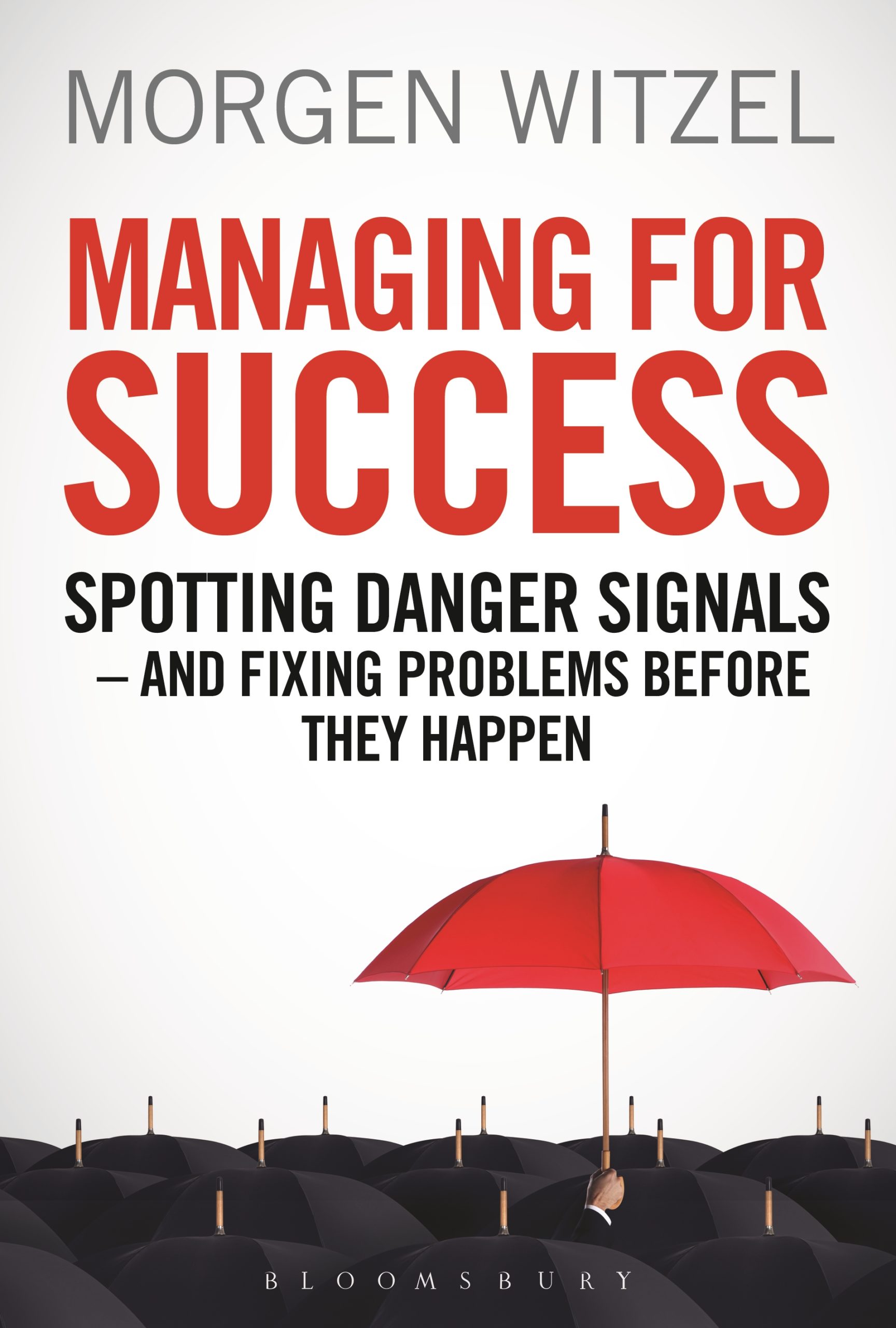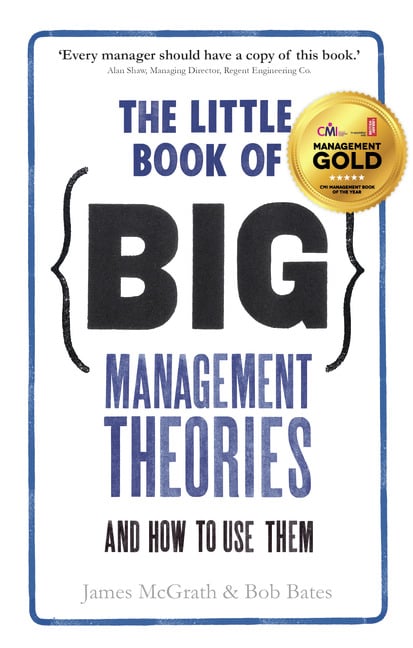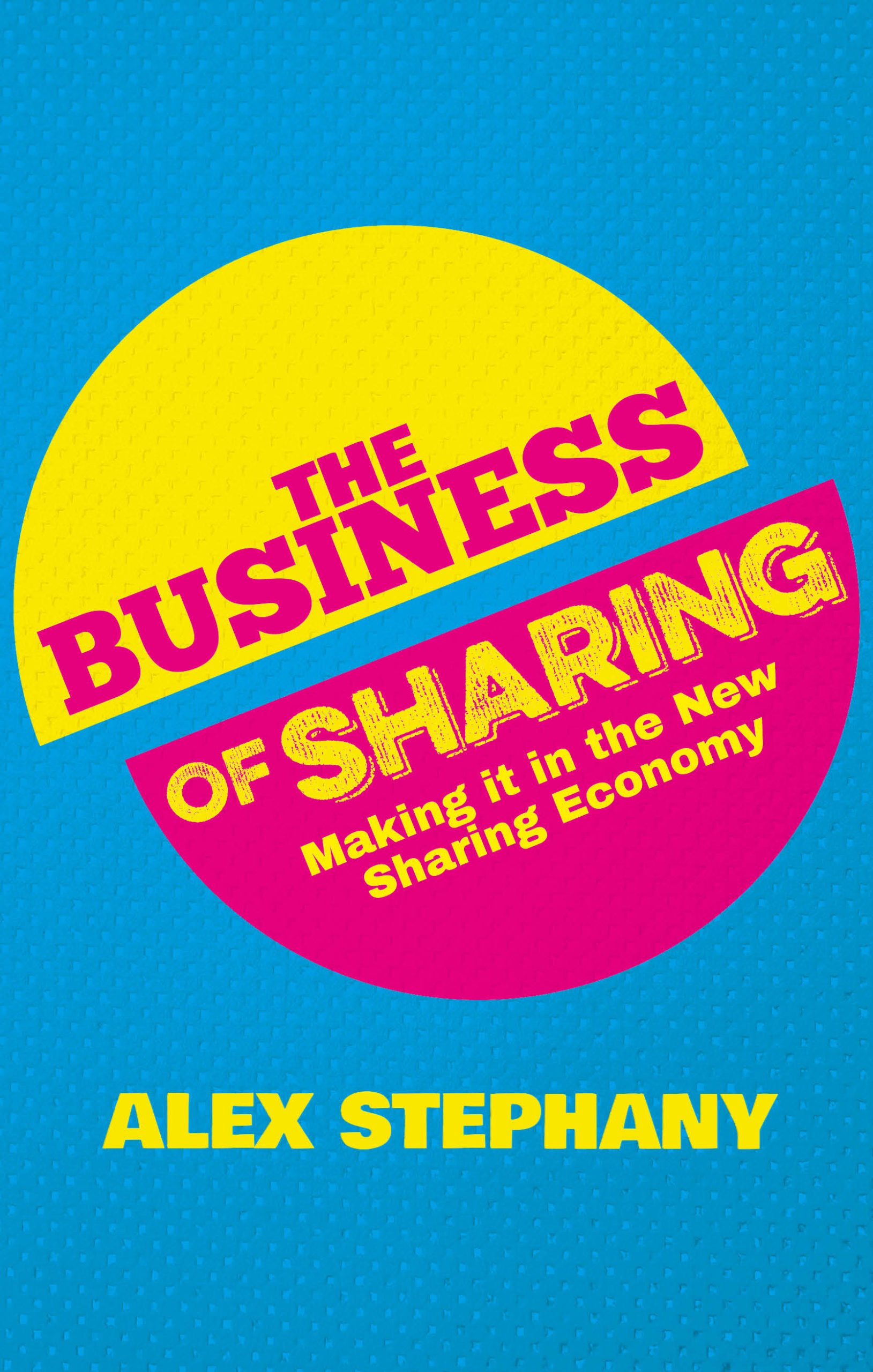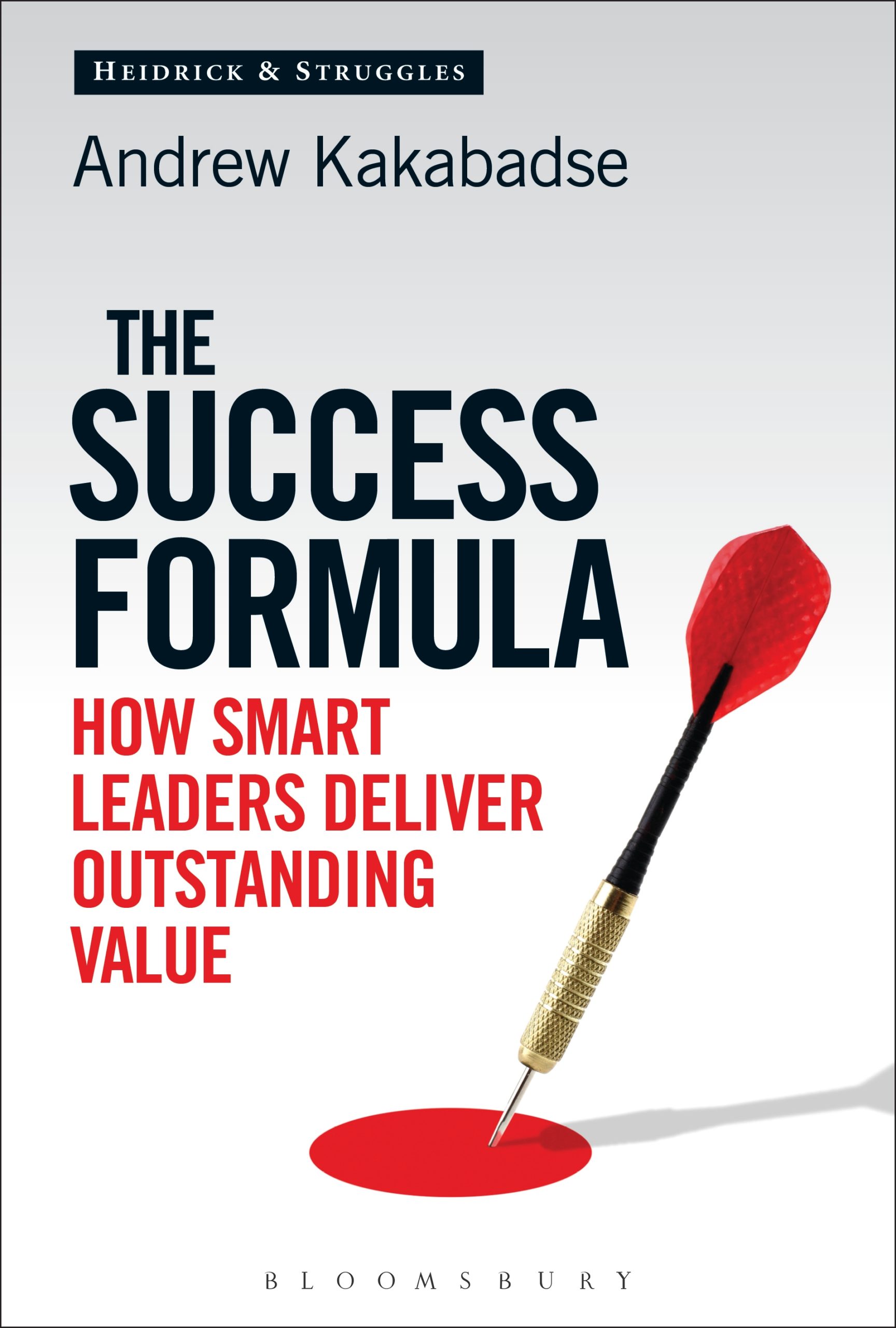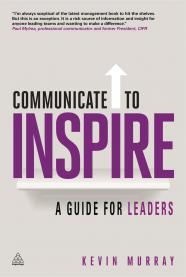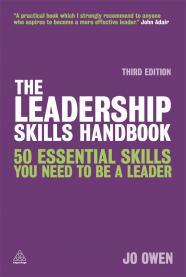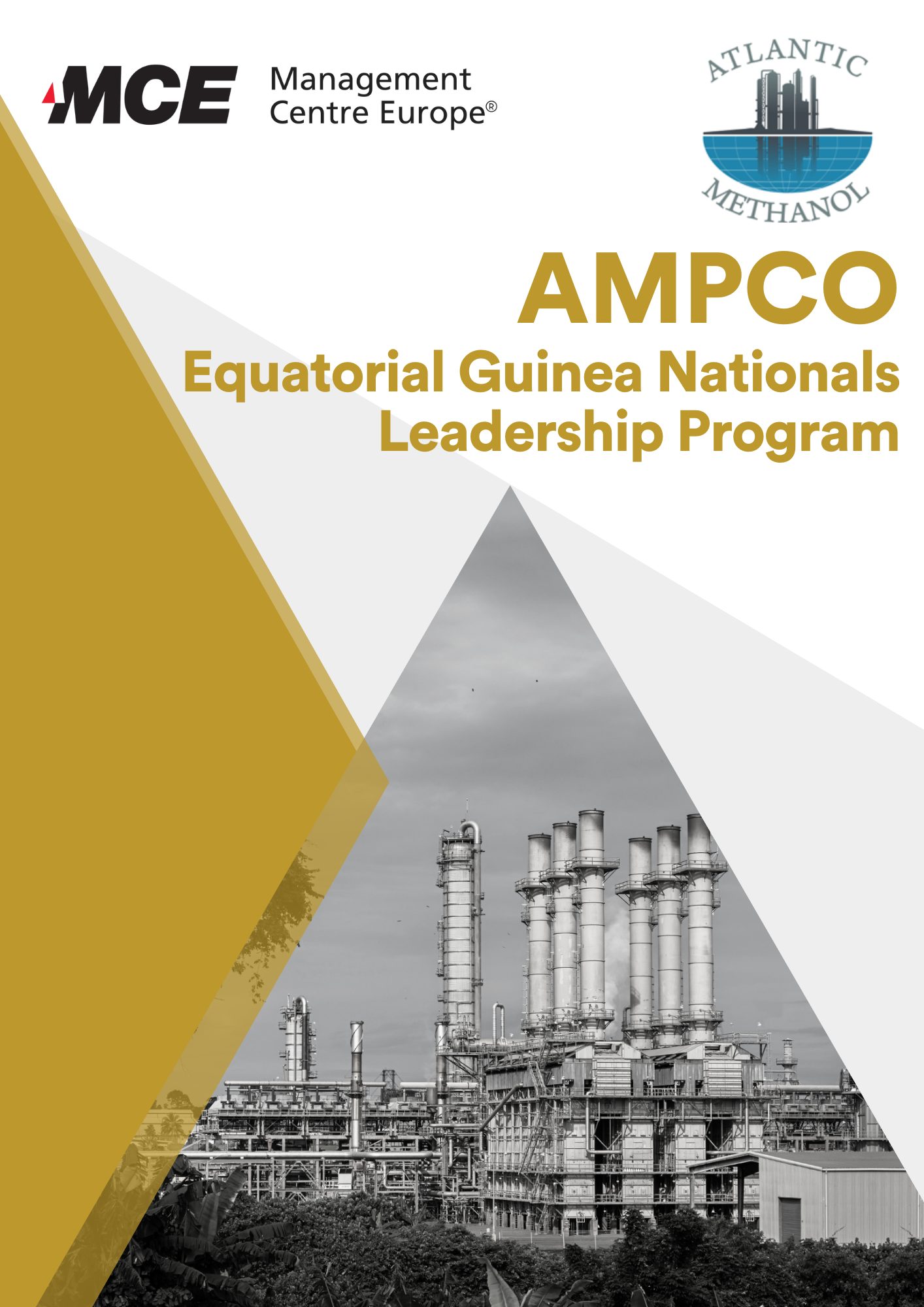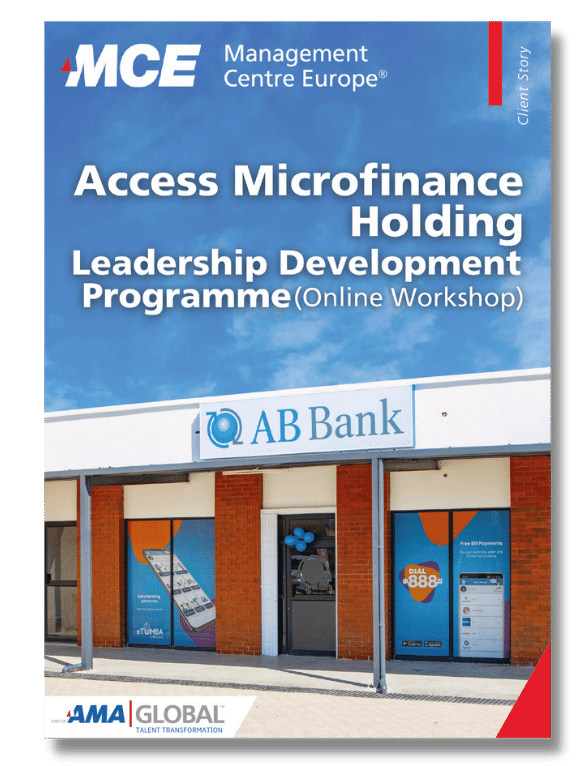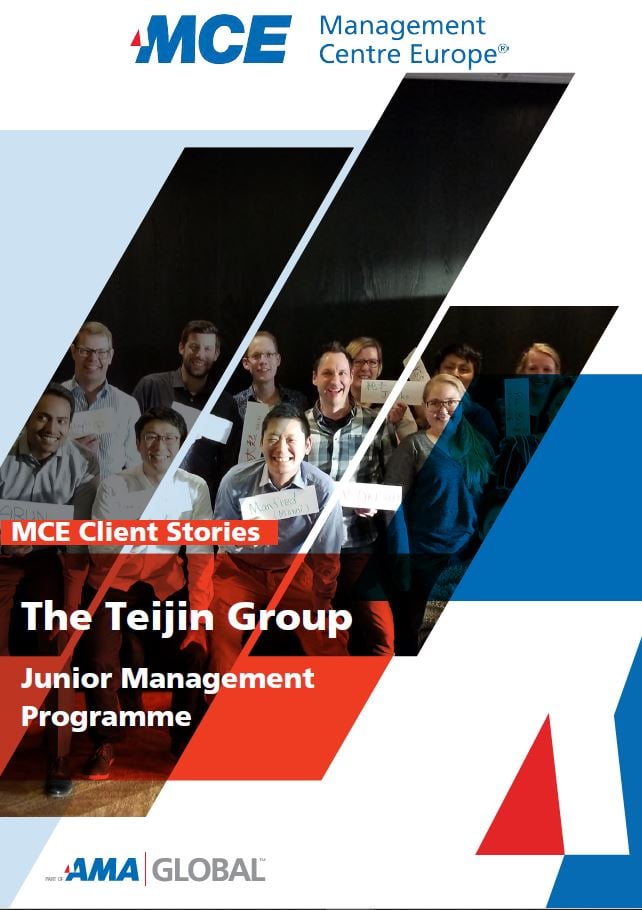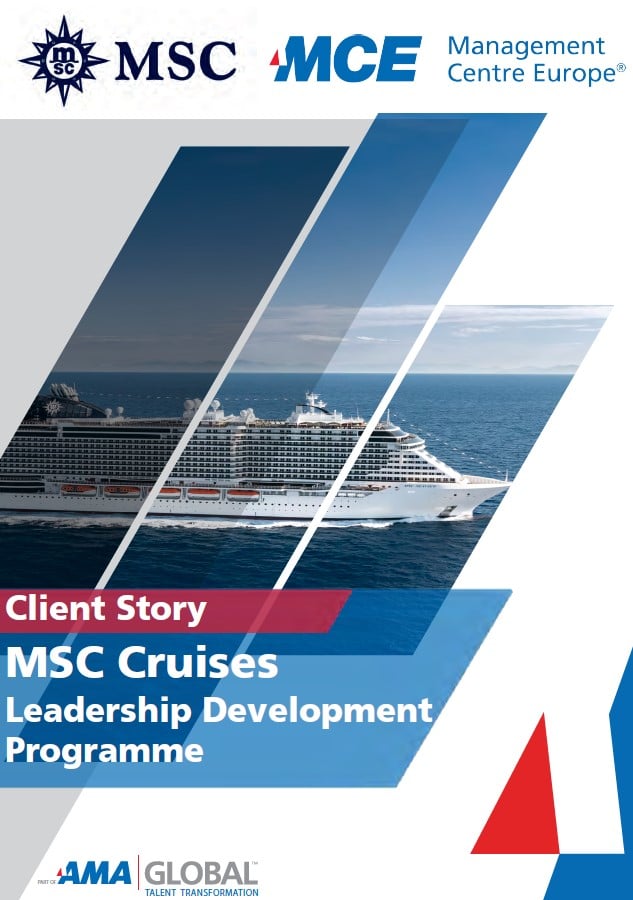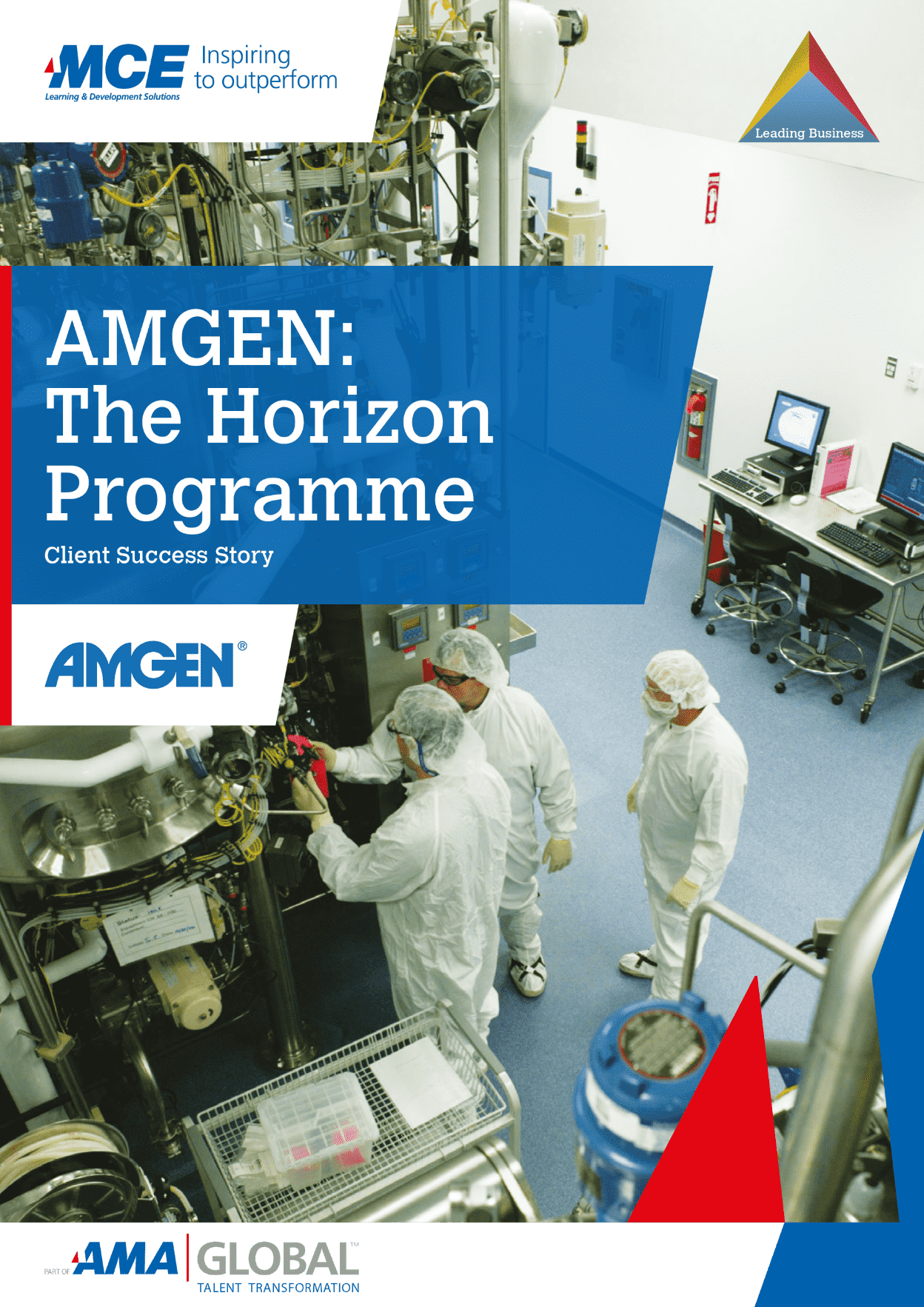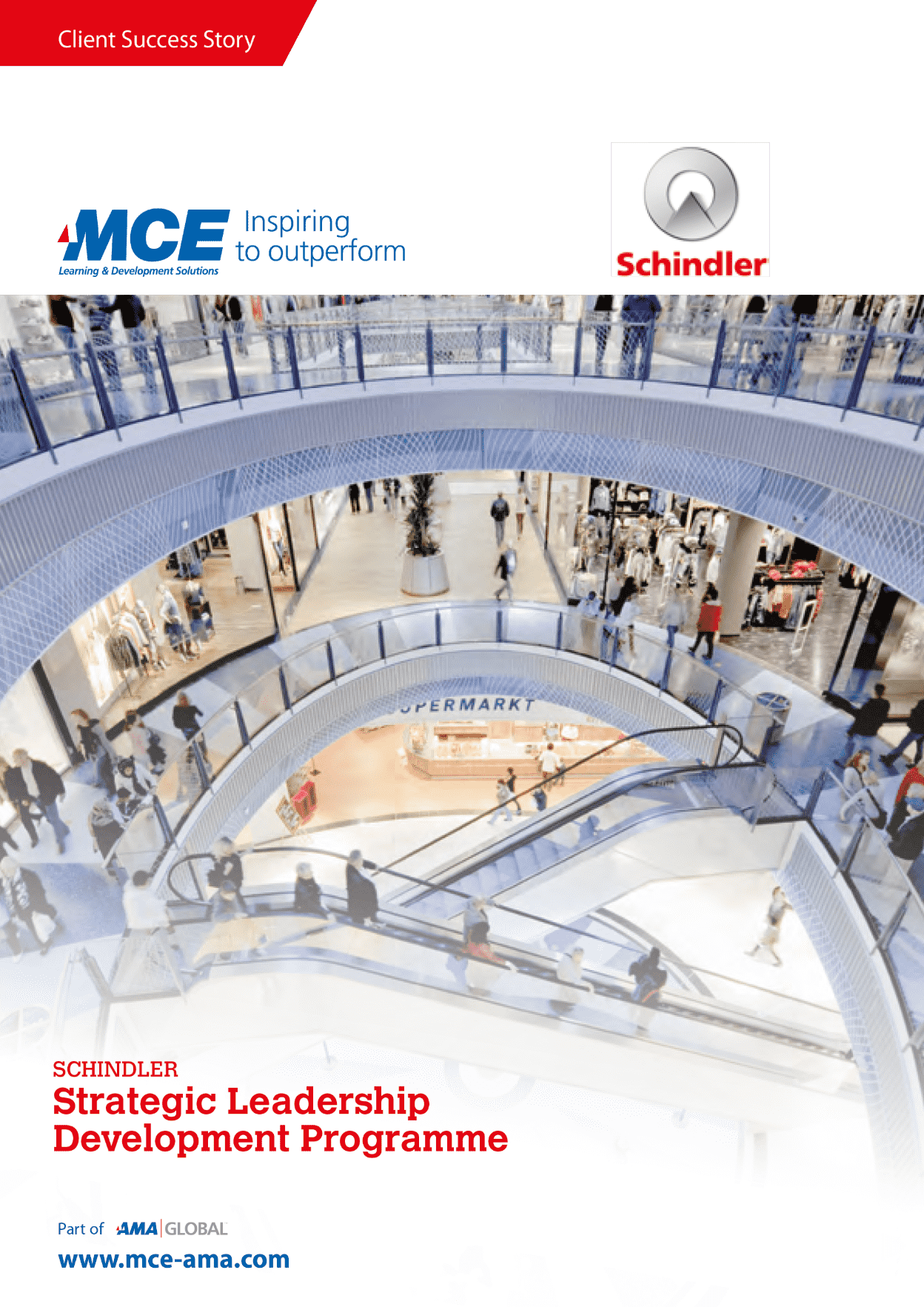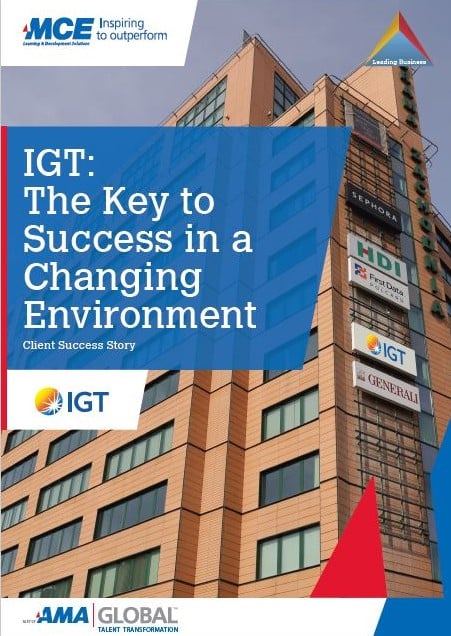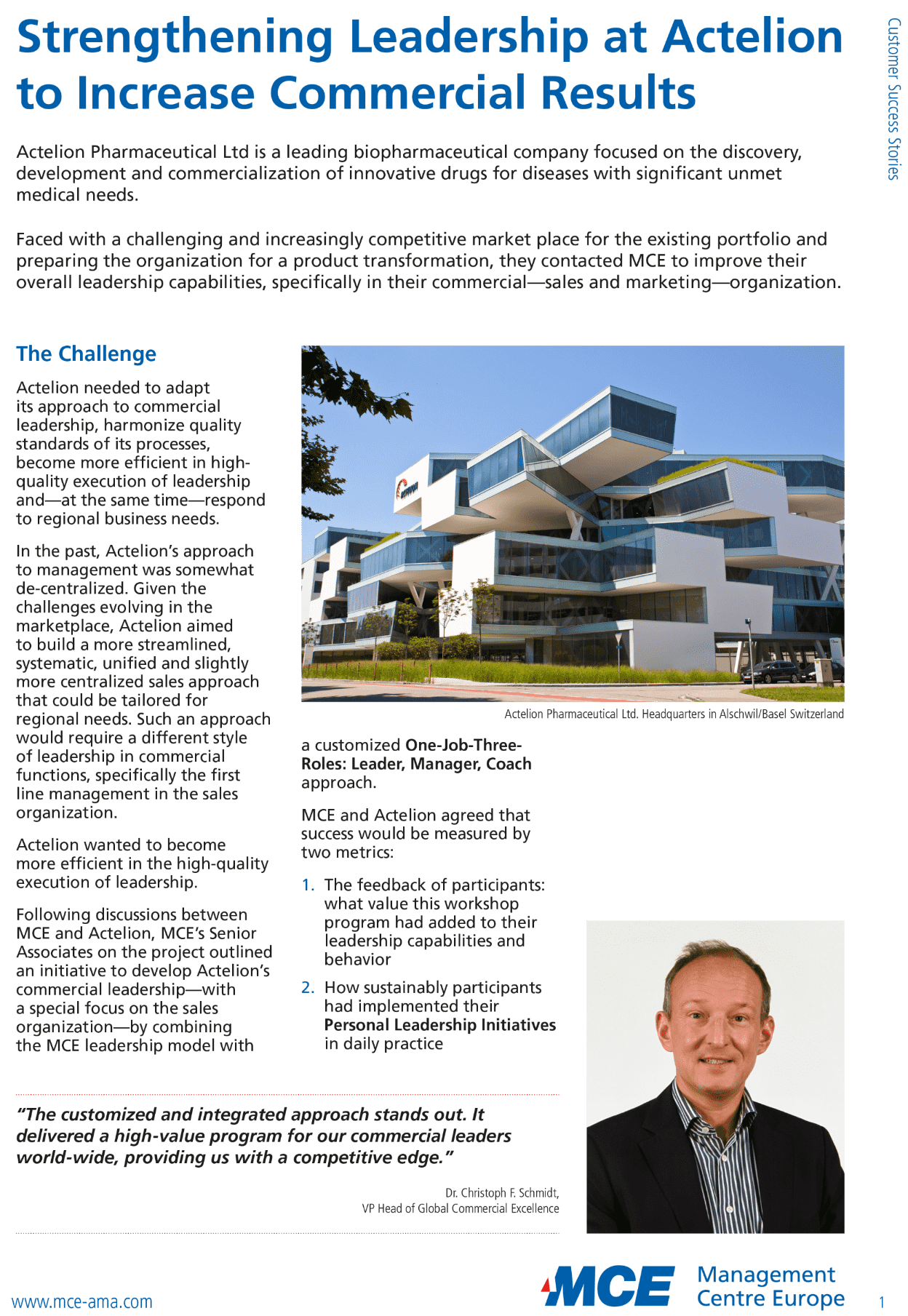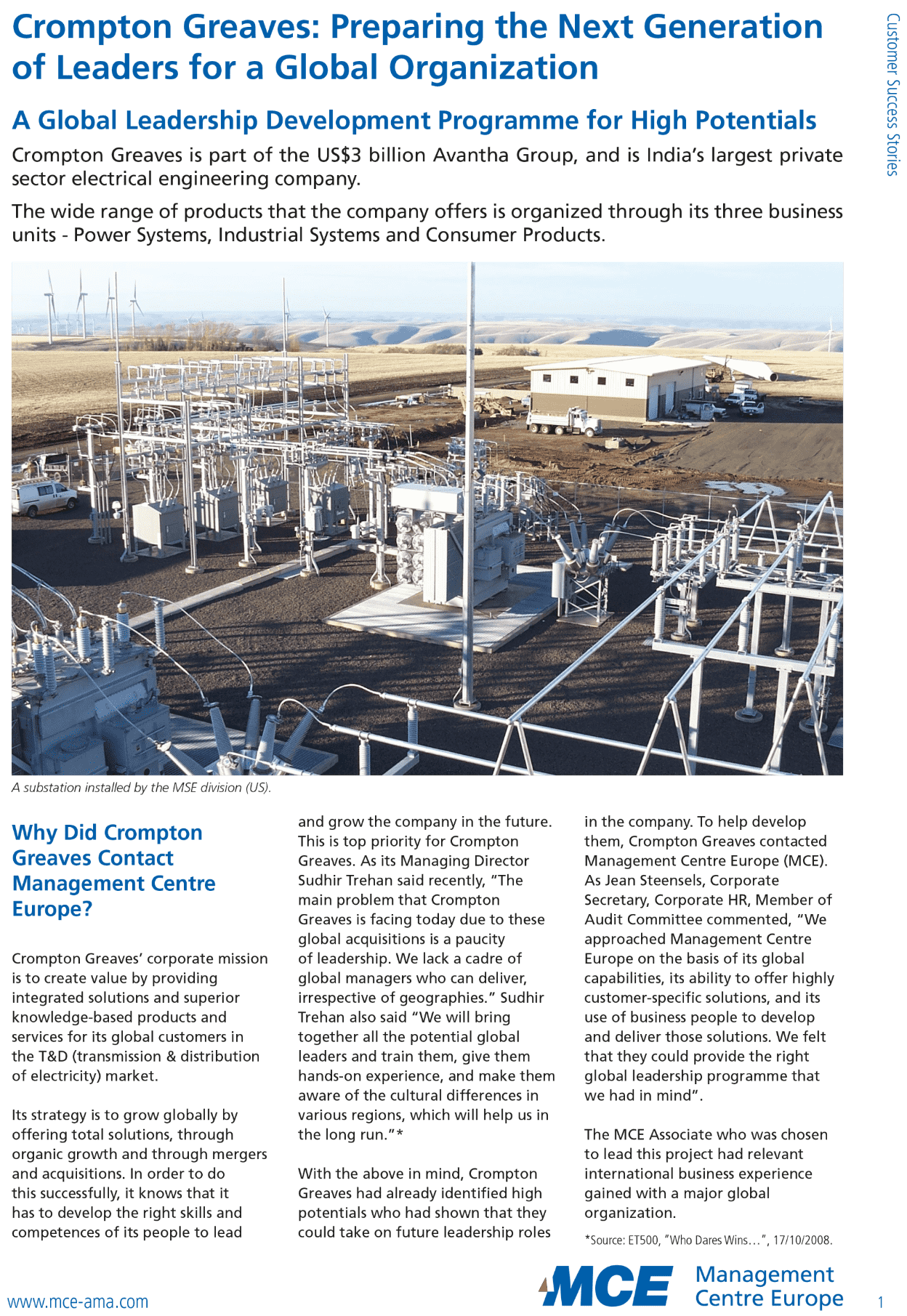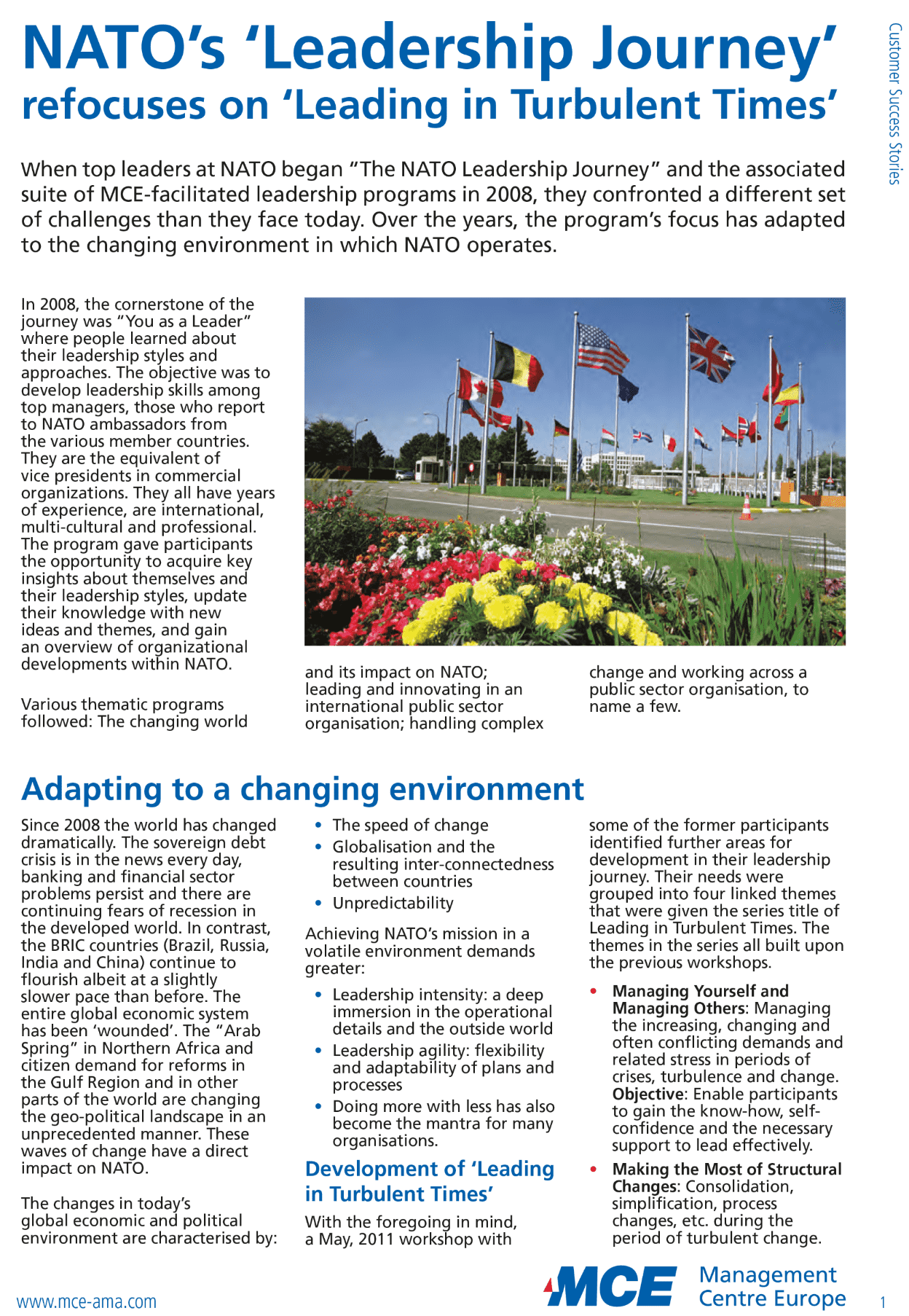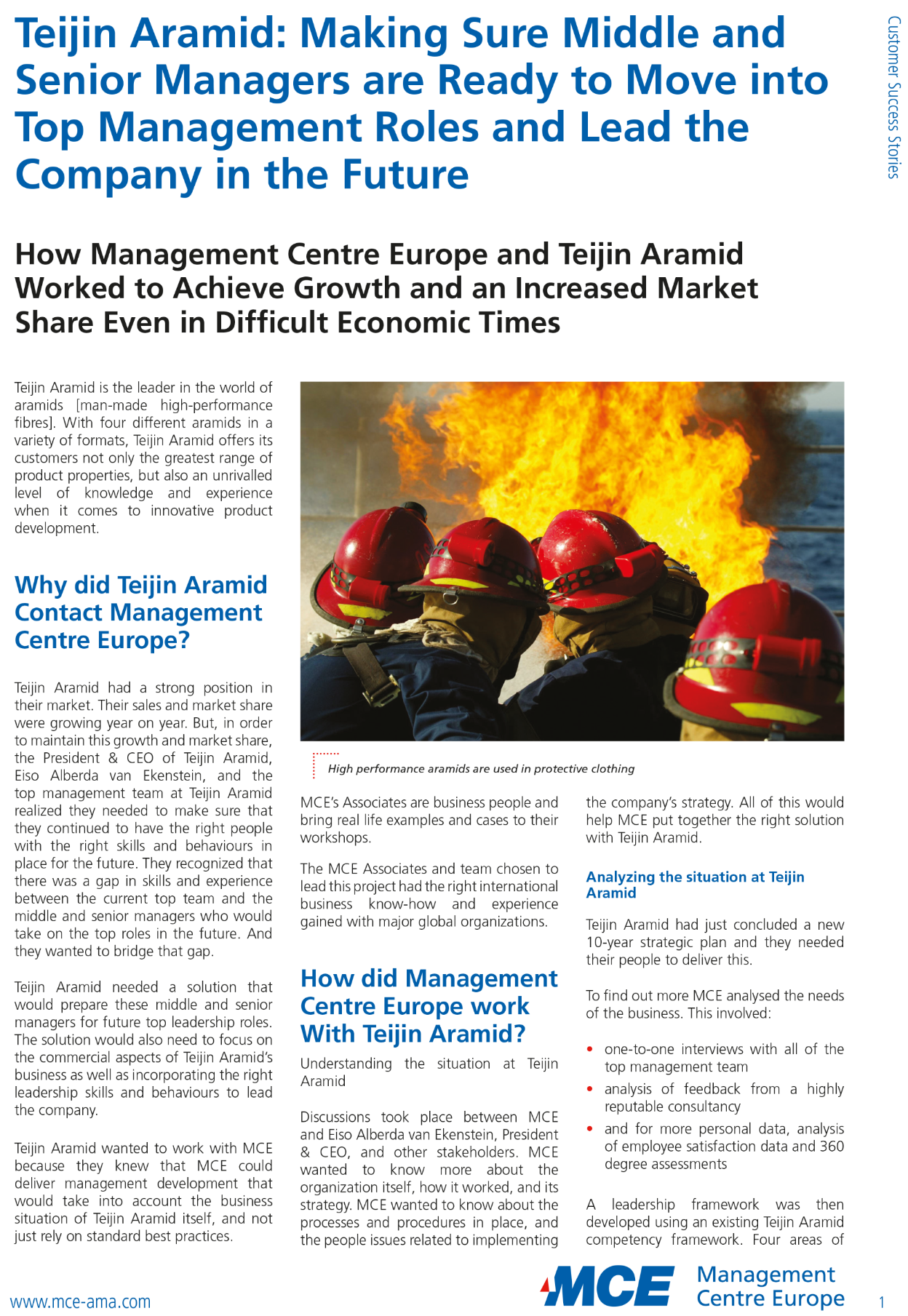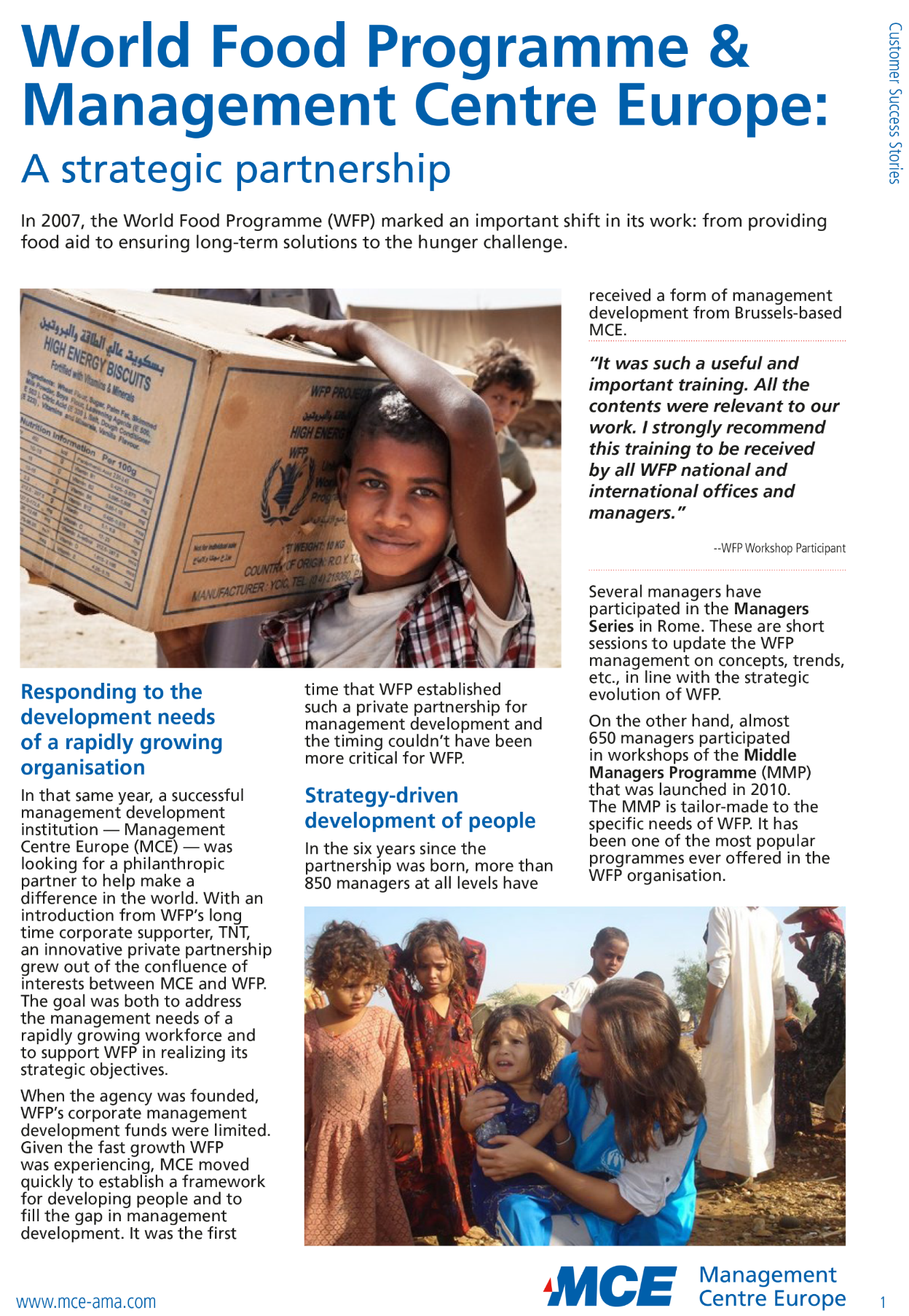
Overview
Learn more
Highlights:
• Learn how to manage your time and priorities when reporting to several bosses
• Practice different communication style that you need when working with colleagues, bosses and senior managers
Key Competencies:
• Self-empowerment
• Conflict management
• Emotional intelligence
• Influencing skills
• Assertiveness skills
• Giving feedback
The Right Programme for you
Typical Participants:
• Admin Professionals
Learn, Practice and Use
• Know how your personal style affects the decisions you make
• Communicate and interact with others more assertively and clearly
• Develop positive working relationships
• Strengthen your ability to take on future challenges, and trust in yourself
• Become more effective in managing tasks assigned and boost the success of your boss
• Learn about the 5 components of emotional intelligence and what they mean for you
• Develop the skills to give and receive feedback
• Handle conflict and difficult conversations professionally
• Develop your active listening skills
• Share your knowledge and challenges with your peers and MCE's highly experienced faculty
Programme Modules
What will you learn and practice?
Communication and Influence for Executive Assistants is a hands-on training programme, highly interactive with exercises and role plays. The programme will be led by an experienced facilitator with former experience in international companies.
9 Programme Modules:
1 – Your Role in the Current business environment
• A changing world of work
• The impact on managers
• Implications for the role of the Executive Assistant – what is changing
2 – Self-awareness
• Examine your values, beliefs, attitudes and strengths and how they relate to the way you work and live with others
• Reflect on how to increase accountability, empathy, credibility and awareness of your business context
3 – Assertiveness
• Strengthen your ability to say no
• The cycle of self-empowerment
4 – Emotional Intelligence
• What is Emotional Intelligence
• Why we need to use Emotional Intelligence at work
• The five components of Emotional Intelligence
5 – Personal Openness
• Your personal style
• Valuing differences – your style vs others’ styles
• Impact of culture
• Giving and receiving feedback
6 – Communicating with Confidence and Clarity
• Questioning skills
• Defining the message
• Know your audience
• Listening skills
7 – Handling Conflict Effectively
• What is conflict?
• Conflict management approaches
• Handling difficult conversations
8 – Influence with Win-Win in Mind
• Using the Cohen-Bradford Influence Model
9 – Committing to Your Personal Development
• Raise your self-awareness
• Be clear about the results you want
• Make personal and professional action plans
Testimonials
“ It is a perfect possibility to connect with people from different industries, who are dealing with the same issues.”
Agata Kulik, Product Manager Special Salts, Jungbunzlauer Ladenburg GmbH, Germany
“ Facilitator, content, tools, methods, room were very good and fitted to the participants and their needs.”
Andreas Armenat, Head of Production, GO Generics & Standard Solutions, Fresenius Kabi AG, Germany
“Very interesting topics, international and multicultural environment. Very professional coach.”
Alessandro Foresio, Vice President, Logic S.p.A., Italy
“The subjects covered were extremely relevant and gave input to my personal development.”
Rosa Karen Schmidt, Senior VP-Assistant, Novo Nordisk, Denmark
FAQ
ABOUT MCE’s OPEN ENROLMENT PROGRAMMES
What time does the programme start and finish?
MCE programmes start at 9:00 and finish at 17:00. Lunch is a 1-hour break and there are two coffee breaks too. On the last day, the programme finishes at 16:30 as we know a lot of people have to catch planes and trains.
What should I wear (dress code) when participating in an MCE Programme?
Most participants wear Business Casual clothes. A formal business suit is not necessary.
Are there MCE approved/recommended hotels?
Yes, each programme has recommended hotels that have the best rates. We include details of these hotels in your registration pack.
Are meals included? I don’t eat certain food. Can I order special meals?
Lunch is provided every day and we always organize a buffet so you have a good choice of foods to cater for different needs.
Are there evening activities?
Your evenings are free, although there some exceptions (e.g. On the MCE Leadership Development Programme there is an activity on day 3)
Is there a free Wi-Fi?
For programmes at MCE in Brussels, there is free Wi-Fi throughout the building. For other locations, the services can vary, but in most locations we have organized free Wi-Fi.
What level of English do I need to take part in an MCE Programme?
MCE’s participants come from over 90 different countries but all of our open enrolment programmes are run in English. You need to have a good working knowledge of English to be able to fully participate in the programme and network with other participants. If you have difficulty understanding these questions, the programme might be difficult for you too.
Will I get a certificate at the end of the programme?
Yes, a certificate of attendance is provided to you upon successful completion of the programme.
CONTENT OF MCE’S OPEN ENROLMENT PROGRAMMES
Are MCE programmes certified by an official body/organization?
10 of MCE’s top selling programmes are approved by Project Management Institute and you can find more information on these programmes here.
What is the MCE approach to learning and development?
All of MCE’s Open Enrolment programmes are based on MCE’s FEEL-THINK-DO and 70-20-10 principles to enable effective learning transfer.
Who designs MCE programmes?
Our Portfolio team together with the core MCE Senior Associates design all of our programmes based on the ROPES model.
Are MCE’s Programmes practical?
MCE’s programmes are all designed to allow to practice what you have learnt. So you will have lots of time to practice, practice and practice.
REGISTRATIONS, PAYMENTS AND FEES
Are VAT rates included in the price?
The price advertised in this page is VAT excluded and applicable to clients and companies legally based in the European Union.
All clients outside the European Union (EU), e.g. Middle East, Africa, Asia and America, are exempt from VAT rates. For them, the price advertised here is the final price to be paid.
- One exception: Training Programmes in France. All clients (inside or outside the European Union) following training programmes in France are liable to 20% VAT rates in all cases.
When are VAT rates applicable to me?
In the case of clients and companies legally based in the European Union, VAT rates will be added to the price in the following cases:
- If the client is a natural person (B2C) without a VAT number. 21% VAT applicable.
- If the training programmes runs in France: 20% VAT applicable.
- Also applicable to clients outside the European Union (EU)
- Except when
- The client is VAT-exempt
- If the client is legally registered in Belgium (independent from where in Europe the training programme is followed): 21% VAT applicable.
- Except when:
- The client attend the training programme in France: 20% VAT applicable instead.
- The client is VAT-exempt
- If the client does not provide a corporate VAT number or does not have any VAT number: 21% VAT applicable (Only applicable to clients in the EU).
- Except when:
I don’t have approval from my finance team yet, can I make a tentative registration?
Yes, simply contact us and we will hold a place for you.
Is hotel accommodation included in the programme fee?
No, participants are expected to arrange their own accommodation and travel. The Programme fee covers the programme attendance, materials, lunches & refreshments.
Does MCE give discounts or grants for individual registrations?
MCE works mostly with companies and organizations and we can provide corporate deals for group bookings or preferred supplier deals. If you would like to discuss a corporate deal, we will be happy to talk to you.
Can I pay with my corporate credit card?
Yes, you can. We accept VISA, Mastercard and Amex.
Does MCE have corporate deals/frameworks available?
Yes, we have. Please contact us for more information.
Can I cancel or change my booking free-of-charge?
At MCE, we understand that business people have commitments and changes do happen. So you can cancel or change your registration up to 21 days before the programme starts without any fees or charges. After that date, you will need to pay full fees, but you are allowed to transfer once to a new programme date.
The MCE Team is ready to answer any questions you have. Please contact us by phone, email, contact form or even website chat. We would be happy to talk to you!
Dates & Locations
03 Mar – 05 Mar 25 (Milan)
07 Jul – 09 Jul 25 (Prague)
03 Nov – 05 Nov 25 (Amsterdam)
Duration
3 Day(s)
Price
€2295
excl. VAT*
Brochure Download


